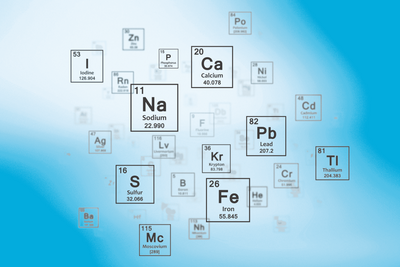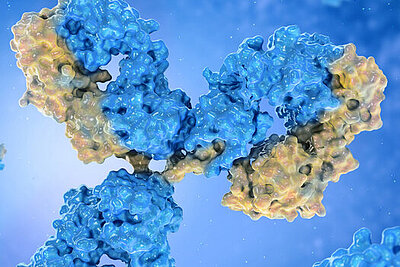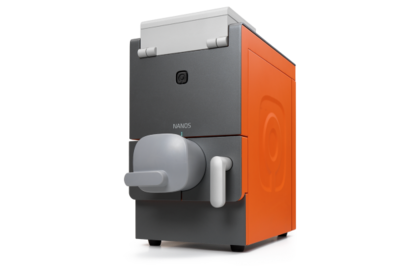Headquarters
Sysmex Group Companies
Select your local website
Industry & Research
Sysmex levert geavanceerde analytische instrumenten en aanverwante apparatuur voor de industrie & onderzoekinstellingen. Enkele steekwoorden zijn o.a. deeltjes karakterisering, spectroscopie, elementen analyse, microscopie, centrifugatie, monstervoorbereiding, maar ook procescontrole.






